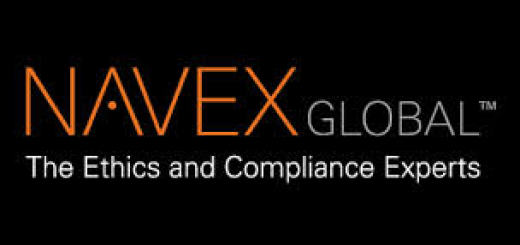Inside and Out: Anti-Corruption Compliance for Joint Ventures (Part II of III)
A joint venture can create layers and layers of risk for compliance officers. It is always good to start from the inside and work your way out. If your joint venture partner is a state-owned enterprise, or even more difficult, if your joint venture partner includes a state-owned enterprise in its ownership, the headaches can start to mount. Sometimes it is good to graph out...
























